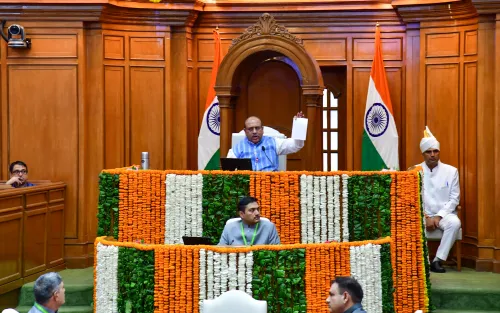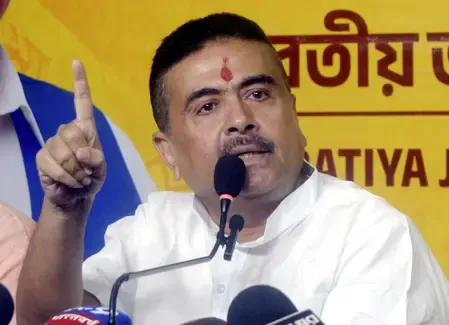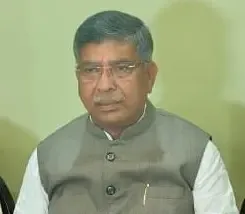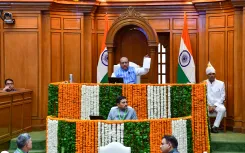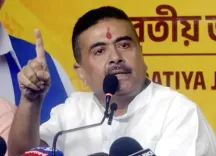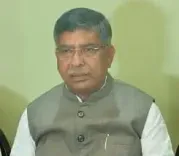Is Bengal's Maternal Mortality Rate Decline Really Below the National Average?
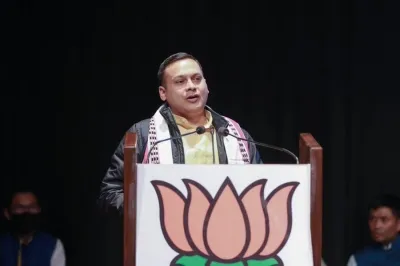
Synopsis
Key Takeaways
- West Bengal's maternal mortality rate decline is significantly lower than the national average.
- The state has seen a decline from 140 to 105 over the past two decades.
- Critical healthcare infrastructure is lacking in district and rural hospitals.
- High vacancy rates among healthcare professionals contribute to the issue.
- Calls for better management of healthcare resources are essential.
Kolkata, June 21 (NationPress) The chief of BJP's Information Technology Cell and the central observer for West Bengal, Amit Malviya, stated on Saturday that the decline rate of maternal mortality in West Bengal falls significantly below the national average.
Malviya noted that the national average for this metric has dropped to just 87 from 240, while West Bengal's decline is minimal, with the current rate at 105, reduced from 140.
“Under the leadership of the Modi government, India has successfully reduced maternal deaths from 240 to merely 87—a commendable achievement mirrored in most states. However, West Bengal stands out as a stark exception. Over the last two decades, the state's Maternal Mortality Rate (MMR) has only slightly decreased—from 140 to a mere 105,” Malviya remarked in a statement on X.
He elaborated on the underlying reasons for this troubling decline in West Bengal.
Malviya asserted, “Despite Mamata Banerjee’s grand promises of ‘super-speciality hospitals’ in every district and the doubling of healthcare personnel, the truth is starkly different. There is a lack of fundamental infrastructure to support childbirth in district and rural hospitals.”
Consequently, he pointed out, a “referral syndrome” has taken hold of the rural healthcare system in West Bengal, with 35% of senior professor positions and 30% of medical officer roles remaining vacant and unfilled.
This situation has forced junior doctors to undertake complex caesarean sections, often resulting in tragic outcomes.
Malviya also criticized the Chief Minister, who oversees the state health department, for implementing a flawed financial policy that has led to the mismanagement of healthcare resources.
“A woman Chief Minister… A woman Health Minister… Yet Bengal’s mothers continue to suffer in silence. This government is not built on the foundations of development or welfare; instead, it stands on the grave of Bengal’s spirit,” he declared in the statement.

